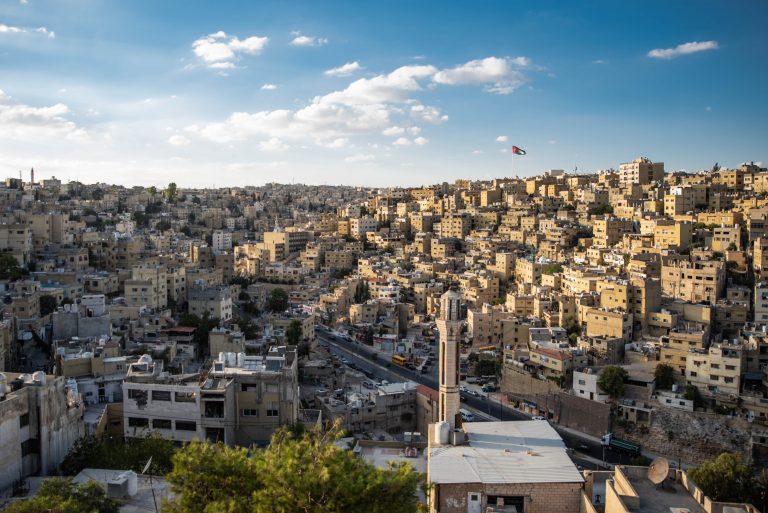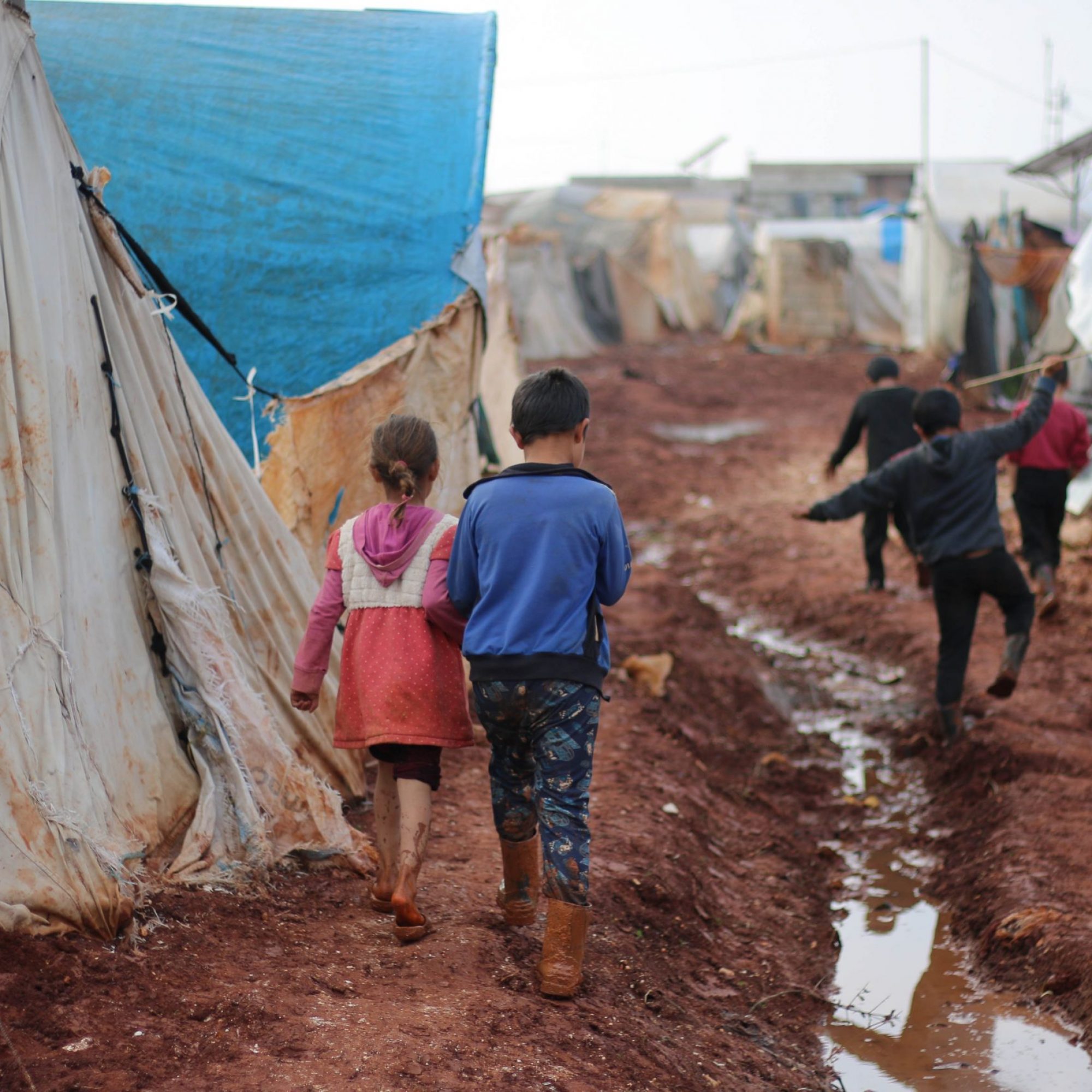

This piece is based on a conversation with Dr Akihiro Seita, the health director at UNRWA (United Nations Relief and Works Agency for Palestinian Refugees in the Near East), the UN agency responsible for Palestinian refugees’ sheltering, protection, education and health, among other services.
UNRWA works in four countries — Palestine, Jordan, Lebanon and Syria — that are home to an estimated 5.7 million Palestinian refugees. Palestinian refugees’ situations in these countries is dire, including in Jordan. They suffer from poor economic conditions and live in cramped housing in urban areas and camps, where they are prone to many infectious diseases.
Jordan has experienced three waves of the COVID-19 pandemic thus far,1 and the refugee population experienced a high level of transmission each time. COVID-19 has also resulted in job losses for many Palestinian refugees in Jordan, who were already suffering from high levels of poverty prior to the pandemic.
The COVID-19 response in Jordan has been a collaborative effort between the Ministry of Health, UN agencies, and non-governmental agencies. COVID-19 testing is accessible and free of charge for all populations, including refugees. UNRWA took preventative measures in its health care centres for refugees in Jordan, including providing protective equipment and maintaining hygiene measures. Thus, UNRWA was able to maintain life-saving health services, however, the scale of other non-life-saving services by the agency was reduced as a result.
The Jordanian government also provided Palestinian refugees with free vaccines, with no distinction made between them and the host population in access. However, global vaccine inequality2 has impacted Jordan’s ability to secure enough vaccines for its population.
UNRWA received good international support for its COVID-19 response, but still lacks funding for its overall operations across program areas. UNRWA has been facing a financial crisis for a few years now, and its 30,000 staff are at risk of losing their jobs if funds are not sustained. This will in turn result in the further deterioration of the health and living conditions of Palestinian refugees worldwide.

You can donate to support UNRWA’s work through UNRWA’s website at https://www.unrwa.org/
More from Rasha Kaloti here.
BCPHR.org was designed by ComputerAlly.com.
Visit BCPHR‘s publisher, the Boston Congress of Public Health (BCPH).
Email [email protected] for more information.
Click below to make a tax-deductible donation supporting the educational initiatives of the Boston Congress of Public Health, publisher of BCPHR.![]()
© 2025-2026 Boston Congress of Public Health (BCPHR): An Academic, Peer-Reviewed Journal
All Boston Congress of Public Health (BCPH) branding and content, including logos, program and award names, and materials, are the property of BCPH and trademarked as such. BCPHR articles are published under Open Access license CC BY. All BCPHR branding falls under BCPH.
Use of BCPH content requires explicit, written permission.